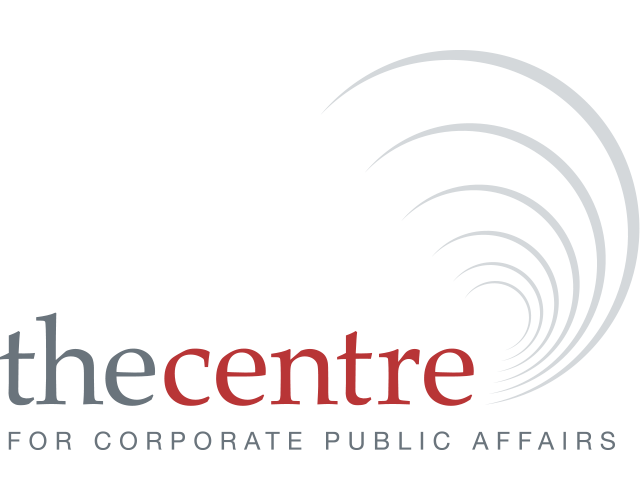Knowledge Centre
Items on this page are a taste only of the thousands of articles, podcasts, and videos housed in our Knowledge CentrePlease login for full access. If your organisation is a Centre member and you do not have log in details, please email thecentre@accpa.com.au. If you have forgotten your password, you can reset it here.
A Practical Guide to Gaining Value from LLMs
Rama Ramakrishnan, MIT Sloan ReviewWhen large language models exploded onto the scene in 2022, their powerful capabilities to generate fluent text on demand seemed to herald a productivity revolution. But although these powerful AI systems can generate fluent text in human and computer languages, LLMs are far from infallible.
Why not all rule-breaking is bad for businesses
Sam Forsdick, RaconteurWorkforce miscreants have been in the firing line recently, as companies crack down on corporate rule-breakers. Both EY and Meta have recently dismissed staff for flouting company policies.
Media & Entertainment Consumer Insights 2024
DeloitteDeloitte’s 13th edition of Media & Entertainment Consumer Insights takes you on a journey through the ever-changing Australian digital landscape.
Moving the needle: How the ‘New York Times’ aims to guide readers through America’s most uncertain election
Eduardo Suárez, Reuters InstituteOn the night of the 2016 US presidential election the New York Times launched the needle, a data visualisation vaguely reminiscent of a car’s speedometer. The needle promised to show readers what the early count may mean for the final result.
6 Essential Leadership Skills — and How to Develop Them
Rebecca Knight, Harvard Business ReviewThe way we work has changed — and so has leadership. Leaders are under new pressures to perform at higher levels and adapt quickly to changing demands.
Retirement Reimagined: Facing the future with confidence
SunLifeBy 2050, close to 1.3 billion people in Asia Pacific — one in four people — will be over 60 years old. This significant demographic shift, as large segments of the population reach old age and live longer, will create new challenges and opportunities for societies across the region.
The dark side of generative AI: How using AI in marketing, advertising and communications can expose confidential organisational information
Anthony Caruana and Kathryn Goater, MumbrellaCorrect use of sensitive and confidential information requires guarding of valuable intellectual property. These challenges are further exacerbated in the age of generative AI. Generative AI tools open new possibilities for corporate content makers, but they also give risk to a whole new set of security risks.
The Long-Term Costs of Layoffs
by Didier Elzinga and Amy Lavoie, Harvard Business ReviewWhile layoffs can lead to short-term financial benefits, research shows just how much of an impact they can have on employee engagement, morale, and loyalty — and how long that negative impact can last.
The Case for More Company Insiders on Boards
Bryce Tingle, Harvard Business ReviewUntil the 1970s, corporate boards were dominated by inside directors — people employed by or affiliated with the company in some way. As of 2023, Spencer Stuart research found that 85% of directors are independent.
Moving from legal industry to Temasek was a ‘baptism of fire’: CEO Dilhan Pillay
Abigail Ng, Channel News AsiaWhen Temasek CEO Dilhan Pillay agreed to join the company, he was meant to have a four-month break between jobs. He was due to start at the state-owned investment company in January the next year. However, a crisis was unfolding in Europe and then-CEO Ho Ching requested he bring his start date forward.
